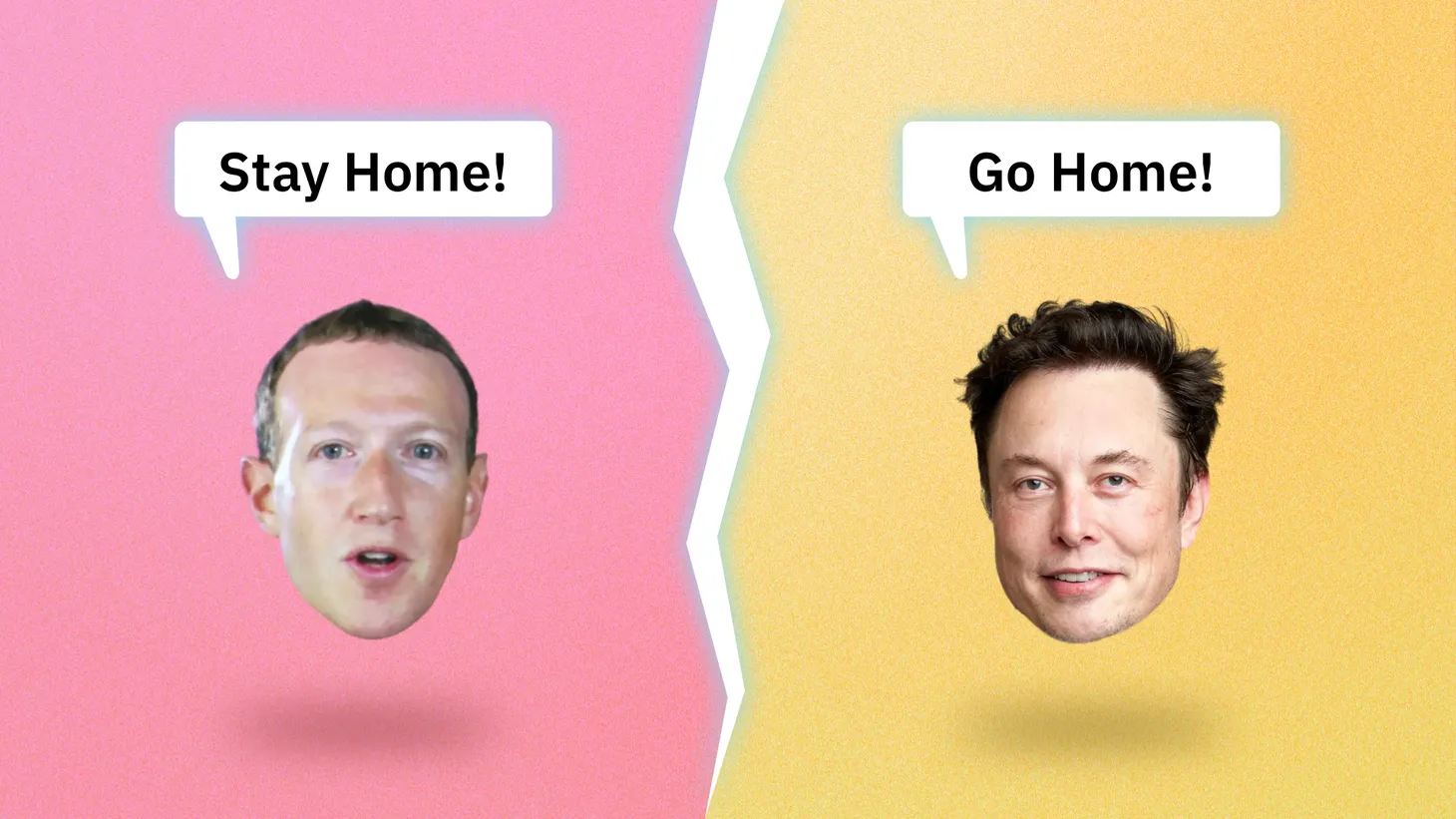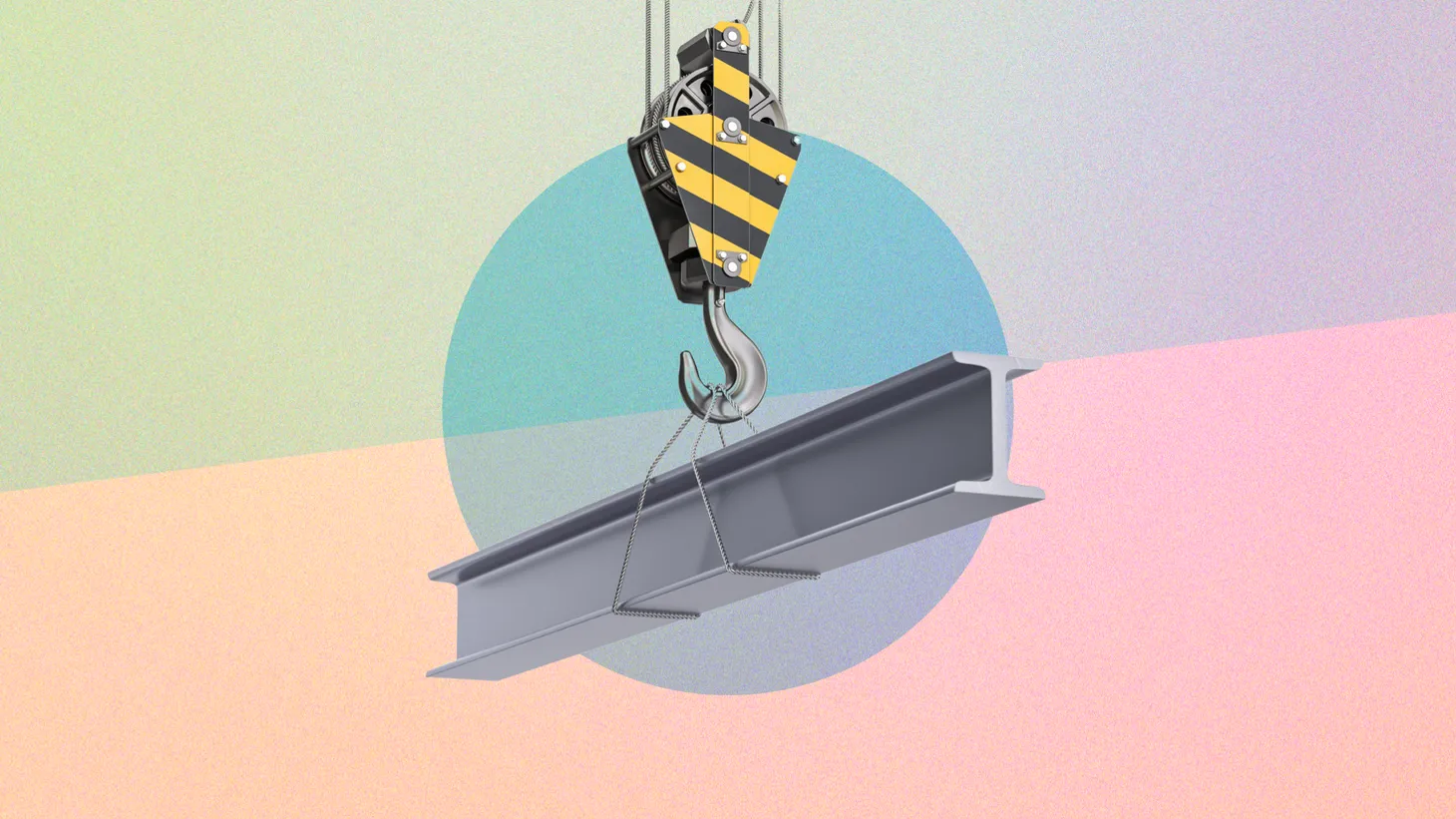Future of Work
AI and the Long Tail
AI can reduce inequality and polarization by making the internet less social.

It’s Time for a National Success Fund
There’s a better way to spread the fruits of innovation.

Stop The Music
The disruption of creative work has been going on for a long time. And yet, we always assume it won't affect us.

Navigating a Dancing Landscape
The internet compels us to constantly respond and adapt to each other's behavior. This makes everything less predictable. Why does this happen and how can we succeed in such an environment?

Zucked and Musked
The first-order effect of remote work is emptier offices. The second-order effect is leaner companies. The third-order effect is more inequality and opportunity.

Housing Is the New Office
Can an oversupply of offices create an oversupply of housing? (Generally, no. Occasionally, yes.)

Airbnb is WeWork
You can change a giant market even if you don't control it.

The Scalable Imagination
📚I am writing a new book about the future of work, cities, and companies. Click here to read the first few pages. The Scalable Imagination0:00/233.8220831× We tend to underestimate technology's power to turn in-person work into scalable work. On the verge of the 20th Century,

The Winners of Remote Work
Ultimately, remote work ushers some freelancers and employees into a global arena that seems to promise a higher ceiling, but a lower floor as well.

No Floor, No Ceiling
The internet gives more people an opportunity to win. But it forces everyone to play the game.

